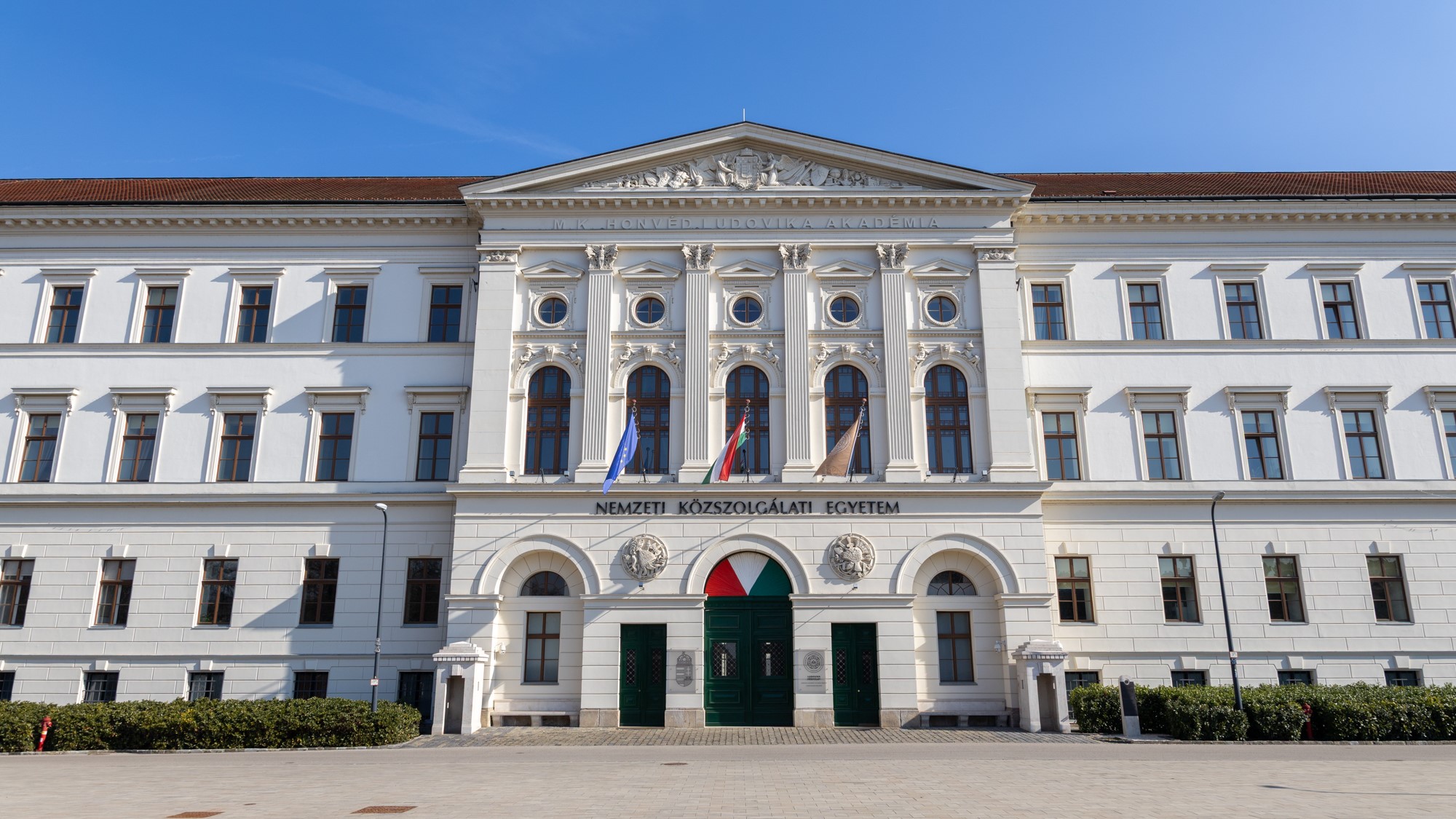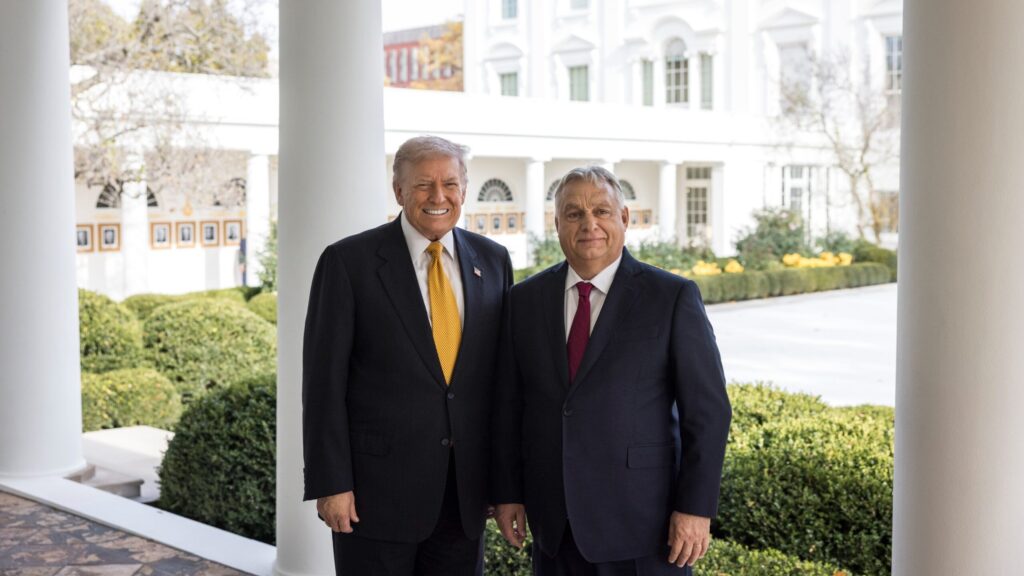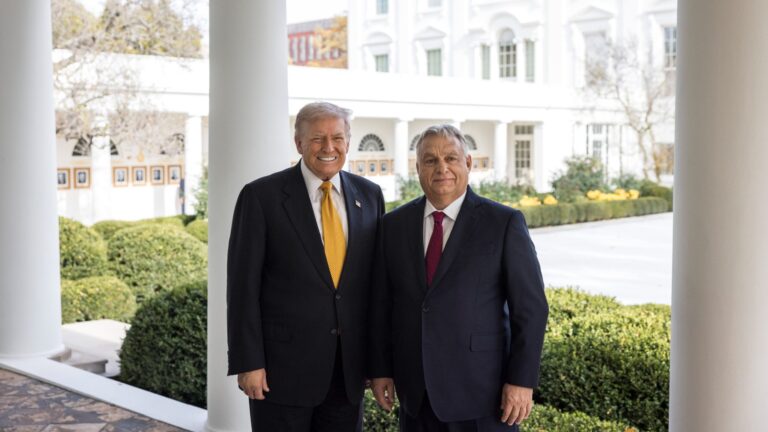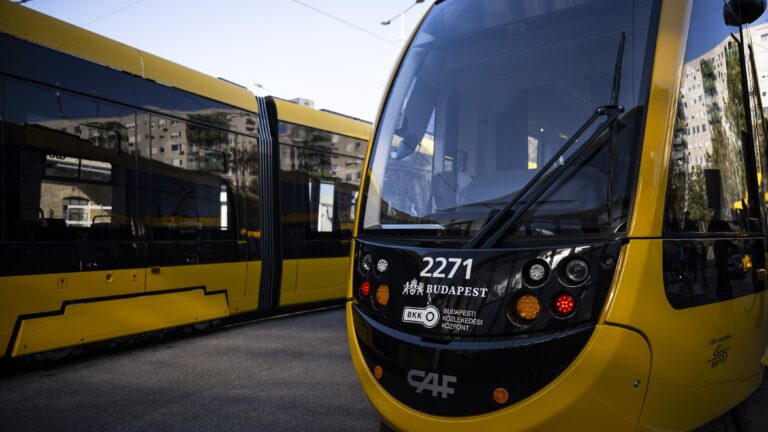Hungary will withhold its support for the European Union’s new Erasmus strategy until Hungarian students and researchers are reinstated in the Erasmus and Horizon programmes, Cultural and Innovation Minister Balázs Hankó said on Monday on public television. He noted that the government’s position is shared by the leadership of the Hungarian Rectors’ Conference after recent consultations.
EU education ministers are scheduled to discuss the new Erasmus strategy on Thursday. Responding to a question, Hankó described the European Commission’s 2022 decision to exclude Hungarian students, lecturers and researchers from Erasmus+ and Horizon programmes as both harmful and unjust. He argued that the decision was unlawful because the Hungarian government had already implemented all agreed legal amendments and introduced the regulatory changes requested by the Commission.
According to Hankó, the Commission had made claims he described as untrue, including the allegation that university governing boards were dominated by politicians. He stated that out of 105 board members, only 13 were political figures, all of whom resigned within two months. He also pointed out that in Austria, half of the university council members are appointed by the government. Education, he said, is a national competence, not an EU-harmonized field, and therefore the Commission had no authority to take such a decision.
The minister added that 87 per cent of university senate members support the current Hungarian model, meaning that Brussels is acting against the wishes of Hungarian academic institutions. Since 2022, he said, no progress has been made; instead, ‘Brussels now wants to impose conflict-of-interest rules on Hungarian rectors or allow Brussels-based NGOs to nominate members to university boards’, which he called a red line and a matter of sovereignty.
‘Brussels now wants to impose conflict-of-interest rules on Hungarian rectors’
He also criticized a proposal to involve North African and Palestinian universities in Erasmus, which would bring an estimated 350,000 non-European students to European institutions.
The interview also covered the legal challenge brought by six Hungarian universities before the Court of Justice of the European Union. Hankó said the case has finally reached the hearing stage after nearly two years, and claimed that judges were surprised by the Commission’s behaviour, including the exclusion of Hungarian institutions without any investigation or consultation with rectors, students, or staff.
He insisted that truth must prevail, though he suggested that whether it does so before the April European elections remains a political question. Hungary, he said, is prepared for a ‘big fight’, and the new Erasmus strategy must explicitly affirm that every EU citizen has a right to participate in Erasmus, including Hungarian students. Without such guarantees, Hungary will not support the strategy, which requires unanimous approval.
In a separate interview with Kossuth Radio, Hankó accused Brussels of attempting to blackmail the Hungarian government. He stressed that Hungary will not abandon its students and has launched the Pannónia Scholarship Programme, which he described as more successful than Erasmus, noting that 8,115 students have already used it to study at leading universities in Europe and beyond.
The minister also highlighted a new academic and research cooperation agreement between Hungary and the United States, under which the Fulbright and Pannónia programmes will work together in the future.
Related articles:







